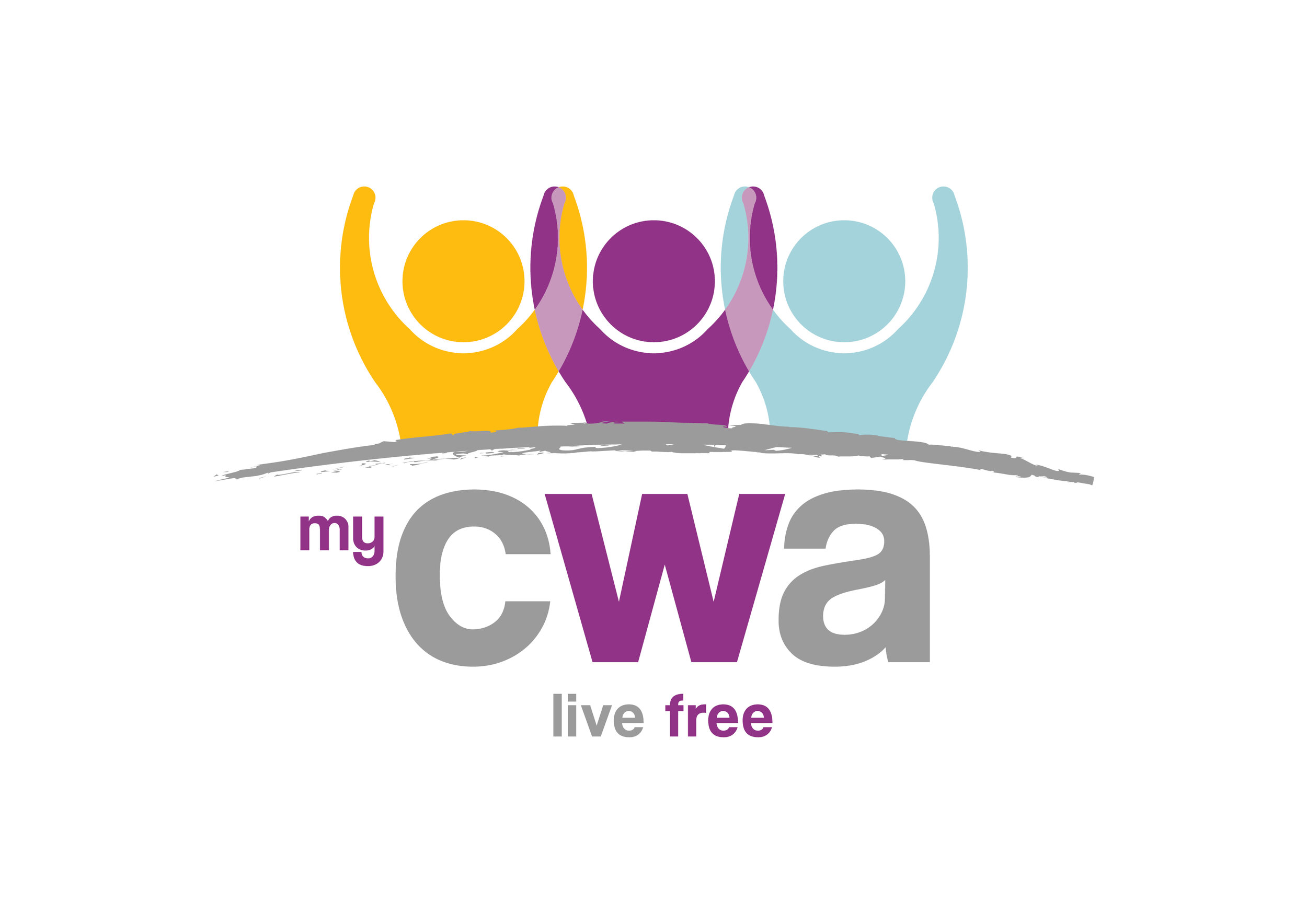New year: new you?
New year: new you?
So many domestic abuse survivors put other people’s wellbeing above their own. Whether it’s running around after kids or stepping on eggshells to avoid conflict, there always seems to be a reason to put other people’s needs first.
If you’re determined to take care of yourself this year, our Looking After Yourself guide was written with the help of some of the survivors we support, so we really hope you’ll find it useful too.
Wellbeing
The state of being comfortable, healthy or happy. That’s is. That’s wellbeing. If you thought there might be more to it than that, you’re not alone. But it’s a really simple concept.
Wellbeing is about confidence, a positive outlook and the ability to cope with life’s challenges. One of the most effective ways to improve your wellbeing is to be kind to yourself. Make time to do the things you love and notice how it makes you feel.
Mindfulness
Being calm and being contented are closely linked. Scientific studies have shown that practicing mindfulness daily can improve your emotional stability, help you focus and reduce your stress levels.
There are two key elements to mindfulness:
Focusing on the present moment, breathing, thoughts, feelings and sounds
Accepting those feelings and your responses to them
Both of these elements can make a huge difference to the way you feel over time. Find out more about mindfulness in our Looking After Yourself guide.
Mood mapping
Sometimes we might get so overwhelmed with how we feel that we don’t even know why we feel that way. By getting to know ourselves better – through something called mood mapping – we can work out what we can do to improve our mood.
After a while, you should be able to work out what helps you and what harms you so you can plan for better wellbeing.
Journaling
Journaling can be a really effective way to organise your thoughts and track your progress if you’re working towards specific goals.
There’s something very powerful about words. Just the simple act of writing down your feelings can be enough to take the heat out of them and free your mind a bit. But you don’t have to use your journal just for writing. You could sketch, doodle or keep a gratitude log – anything you like. After all, it’s for you.

